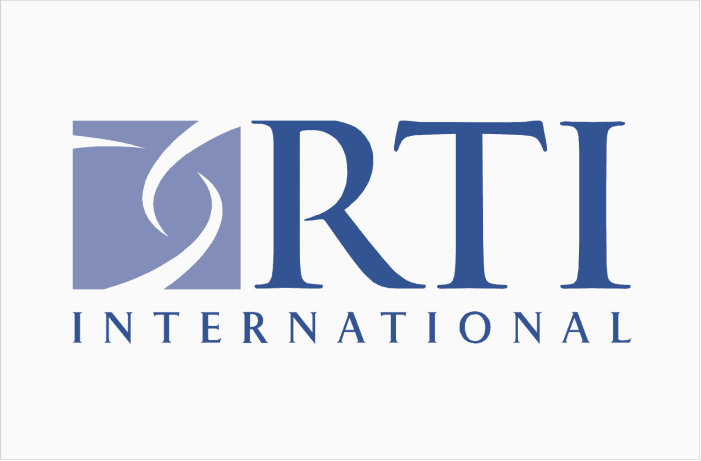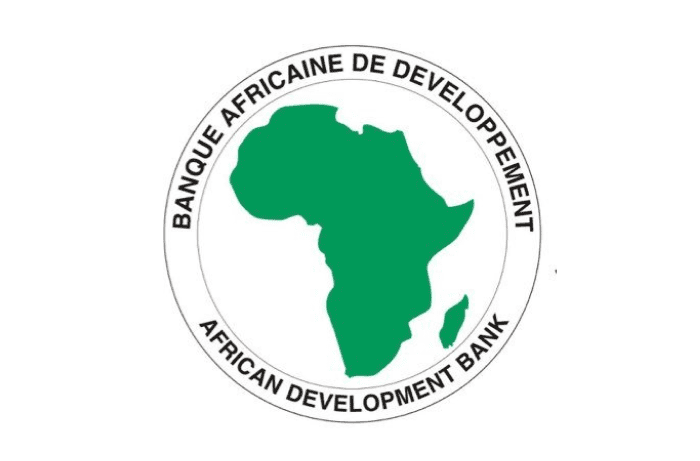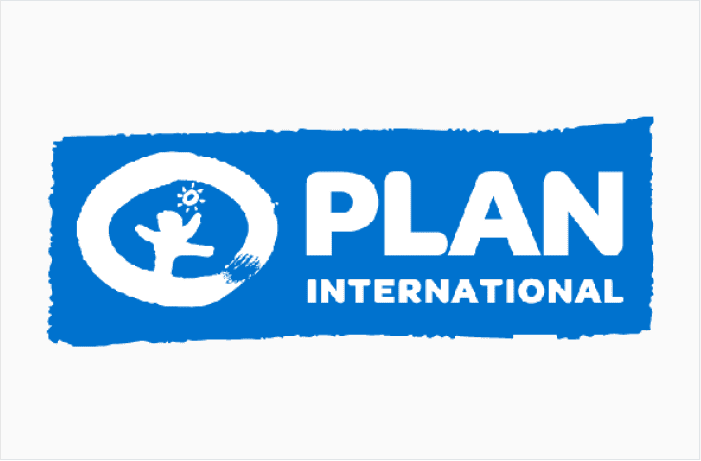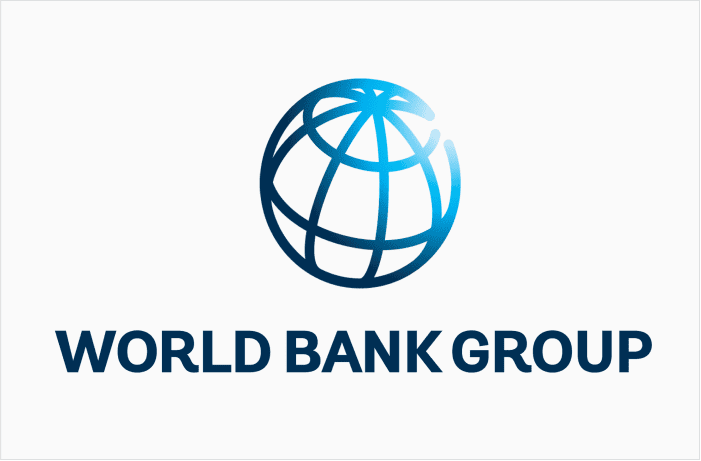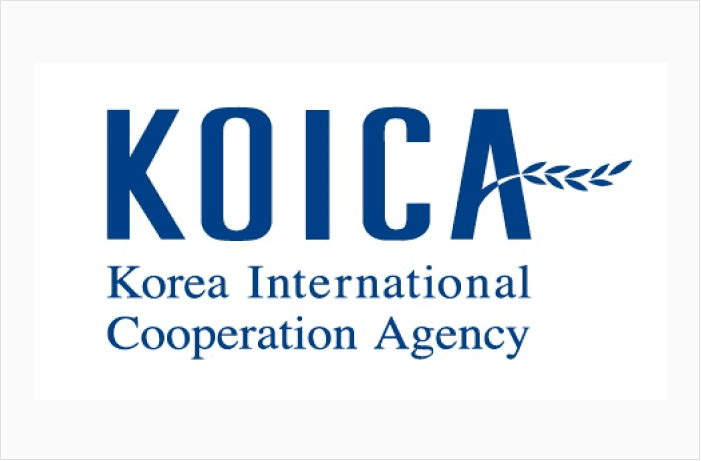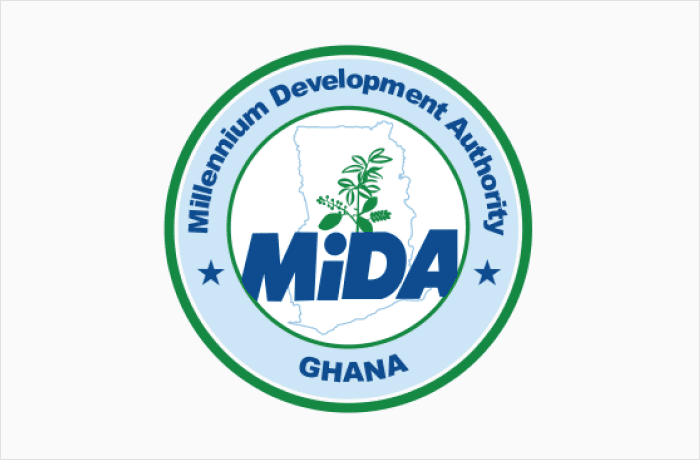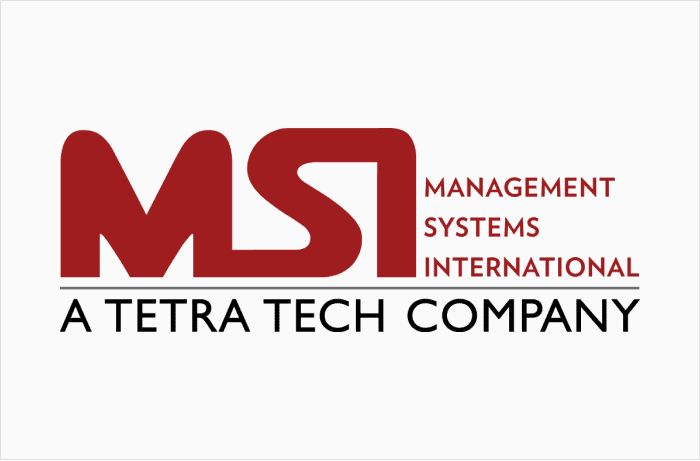Risk management plays a critical role in ensuring the success and smooth progression of research projects. When conducting research, there are inherent uncertainties and potential challenges that can hinder progress or impact the validity and reliability of the results. By implementing effective risk management strategies, researchers can identify, assess, mitigate, and monitor risks throughout the project lifecycle.
One primary role of risk management in research projects is to proactively identify potential risks. This involves conducting a thorough risk assessment to identify and understand the uncertainties and potential problems that may arise during the project. This step allows researchers to be proactive in addressing and minimizing the impact of potential risks on the project’s objectives.
Once risks are identified, the next role of risk management is to assess their likelihood and potential impact. This evaluation helps prioritize risks based on their severity and likelihood of occurrence. By understanding the potential consequences of each risk, researchers can allocate appropriate resources and develop risk response strategies.
Mitigation strategies are another crucial aspect of risk management in research projects. These strategies involve developing proactive measures to minimize or eliminate identified risks. For instance, researchers may choose to implement backup plans, alternative methodologies, or additional quality control measures to mitigate the impact of potential risks on the research outcomes.
Regular monitoring and review are integral to the role of risk management in research projects. By continuously monitoring the progress of the project and assessing potential risks, researchers can take timely action to address any emerging issues. This ongoing monitoring allows for adaptive management, where adjustments can be made to the research plan or methodologies to ensure the project stays on track.
Furthermore, risk management in research projects also involves effective communication and collaboration among team members and stakeholders. Open and transparent communication channels allow for the identification and sharing of potential risks, as well as the collective development of risk mitigation strategies. Collaboration promotes a shared understanding of the project’s risks and encourages teamwork in addressing and overcoming challenges.
In conclusion, risk management plays a vital role in research projects by proactively identifying potential risks, assessing their likelihood and impact, implementing mitigation strategies, monitoring progress, and fostering effective communication and collaboration. By integrating risk management practices into the research process, researchers can enhance the overall success, credibility, and impact of their projects.









